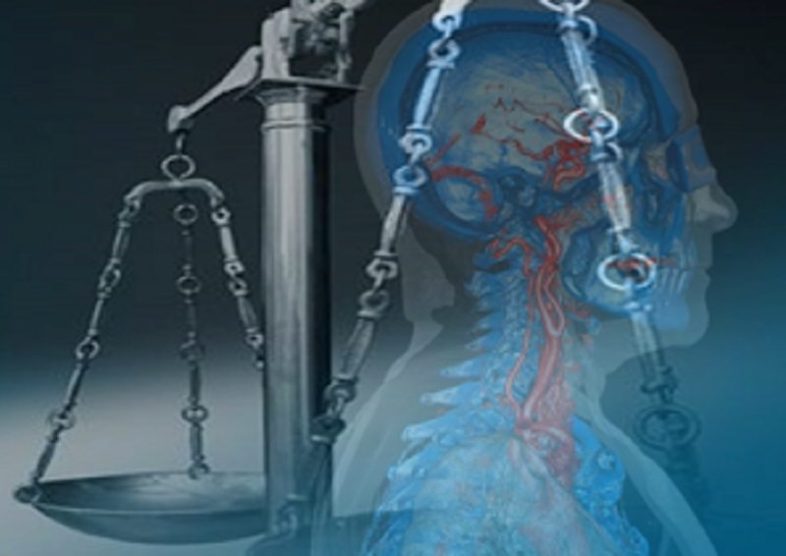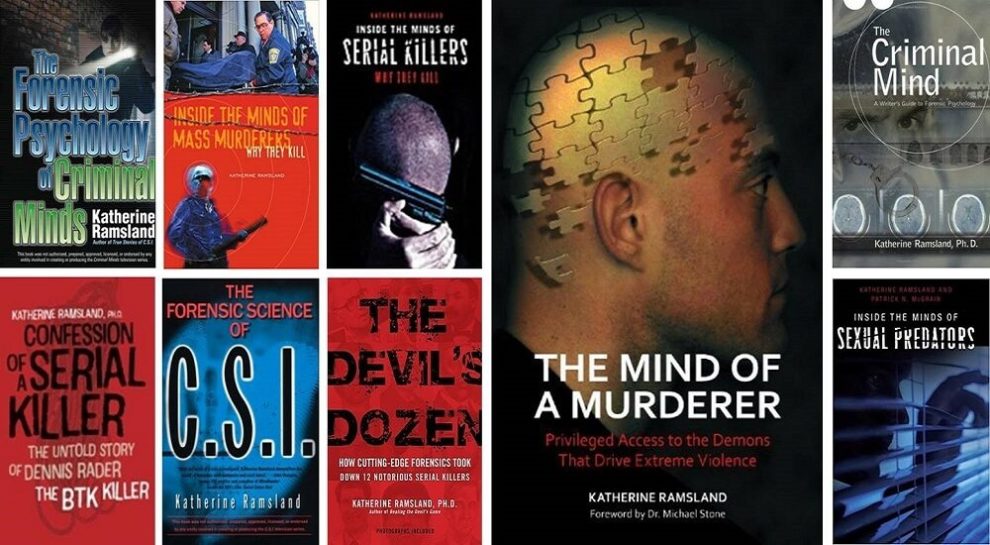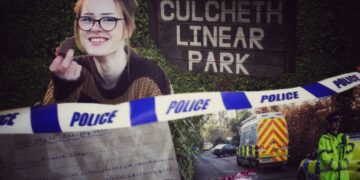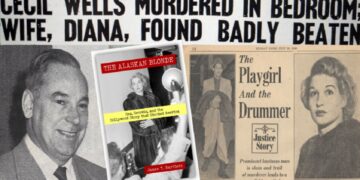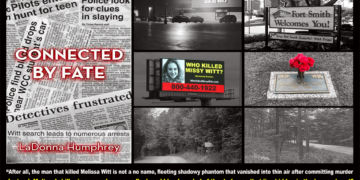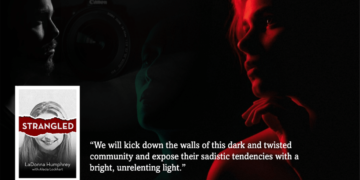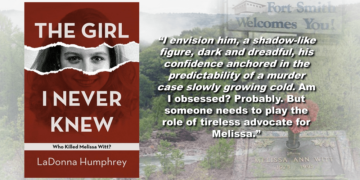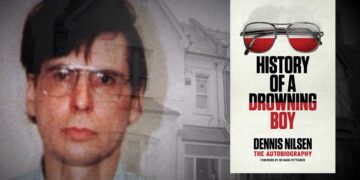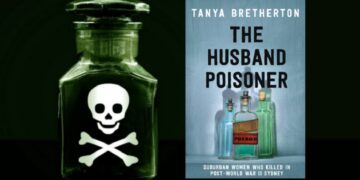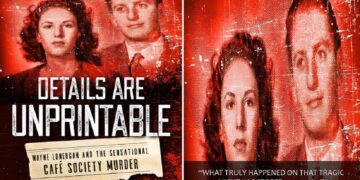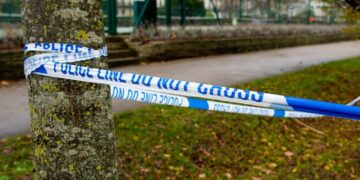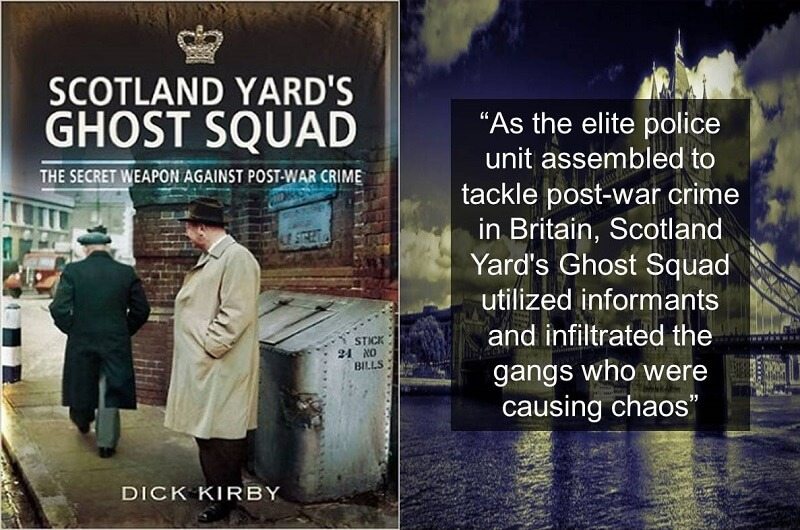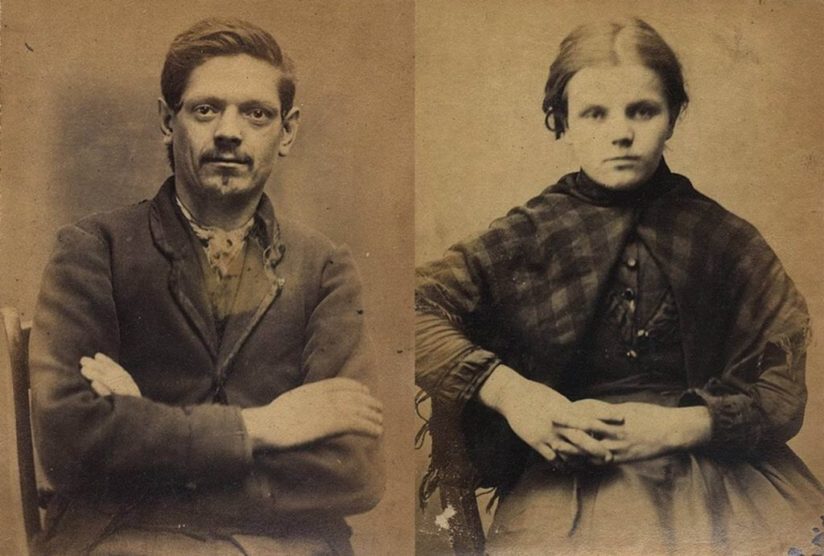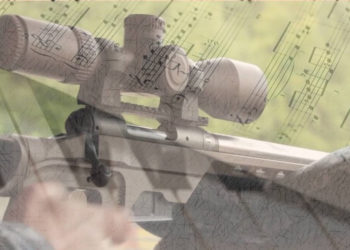Police informants have been a part of crime fighting for as long as police forces have been in operation. Members of the public often engaged in the criminal underworld themselves, providing insider information to the police which is then used to catch their criminal colleagues. In the immediate aftermath of Britain’s World War II, there was plenty of criminal activity to inform on. Thieves, crooks, and frauds saw their opportunity in the poverty-stricken rationed city of London and they took it.
When food, clothing and almost all other commodities were rationed, ration coupons were big business and people would go to surprising lengths to get their hands on them. From the usually law-abiding citizens who would engage in theft in order to feed and clothe their families to the crooks who stockpiled these golden tickets to sell on and profit from. The country was rife with crime and the police had lost control. Something had to be done.
Scotland Yard’s Ghost Squad by author Dick Kirby is the story of what was done to tackle the growing crime wave that was taking over the country and especially the city of London. A letter from Divisional Detective Inspector Percy Edgar Worth in May 1945 was to spark the creation of an elite unit of highly experienced officers who would capitalize on informants and the valuable information they could provide.
“We ought to be more active in gaining knowledge in the plotting of crime”, Worth wrote, “We should encourage the securing of reliable information and be prepared to pay – win or lose”.
Instead of waiting for informants to come forth and offer their information, they should be tracked down and encouraged, they should be paid for their knowledge whether it leads to a conviction or not. Furthermore, these activities, this new approach from these selected officers should be kept quiet and under the radar.
The detective inspectors and sergeants were chosen for this unit had proven their skills with excellent arrest records and a wealth of underground contacts they could draw upon in their new roles. The Special Duty Squad, later to become known as the Ghost Squad, was born.
“Go out into the underworld. Gather your informants. Do whatever is necessary to ensure that the gangs are smashed up. We will never ask you to divulge your sources of information. But remember – you must succeed.”
Dick Kirby is an ex-policeman who served 26 years in the force, over half of which he spent in Scotland Yard’s Serious Crime Squad. He is an author who understands the inner workings of the police and the complexities and controversial use of police informants.
This understanding makes this book an exceptional read with the detail that only an author which such experience could provide. Dick Kirby is also no stranger to writing books with many other titles under his belt. ‘Death on the Beat – Police Officers Killed in the Line of Duty’, and ‘The Guv’nors – Ten of Scotland Yard’s Greatest Detectives’ being just two of his collection attracting positive and attractive reviews.
Scotland Yard’s Ghost Squad is a fast-paced and exciting read, describing how the Ghost Squad came about and their operations. With an excellent writing style, Dick Kirby’s narrative flows freely and effortlessly with just the right mix of history weaved in with the current events being described.
“In less than four years the elite group, composed of four men and often fewer, earning no overtime whatsoever in respect of the enormously long hours they worked and claiming derisory out-of-pocket expenses produced results which were nothing short of fabulous”.
The research for this book, the documentation and case histories, the facts and the figures, has clearly been considerable and has been expertly put together. The post-war era was a key period in the history of criminal investigation and policing methods. With the country in tatters and an economy struggling to survive, the criminal minded were out looking for what they could get. An era many remember for the poverty and the hardship of living, the challenges facing the police of the time has faded into history.
In an honest look at the efforts to regain control of the crime rampaging through the city and bring a halt to the empires of the criminals behind them, Scotland Yard’s Ghost Squad is a lesson in police history.
Related: DNA Crime Investigations: Solving Murder and Serious Crime [Book Review]
Such operations were by their very nature, secretive, and what Dick Kirby has achieved in this book is to bring them to life, highlight to the public just what was going on behind the scenes and give a unique insight to the police operations, the efforts and struggles in an era of difficult living for all.
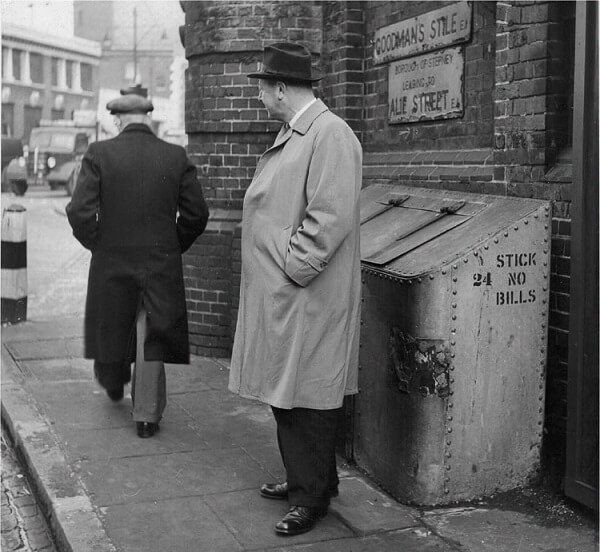
This book addresses the issue of police informants in a different way. It highlights how in the early 1940’s taking advantage of connections and knowledge, offering an incentive for inside information and keeping such transactions and communications under the radar can bring tremendous results.
While these practices have long been abandoned and today such a level of covert workings with informants would be frowned upon, their merits are clear. Dirk Kirby’s suggestion that things can be learned from these officers and from the Ghost Squad operations for use in today’s modern fight against crime is an understandable one.
Eight pages of photographs are also included in this book showing the key figures and putting faces to the names and descriptions you have been introduced to in previous chapters.
Dirk Kirby has compiled a comprehensive history of Scotland Yard’s Ghost Squad, their internal workings as well as their cases. Chapters are full to the brim of crime stories, the numerous crimes that were taking place; housebreaking, forged notes, jewelry smuggling, stolen goods, the monetary values involved, the arrests and the convictions. A huge amount of history contained in each page and a history the author has clearly meticulously combed through in order to collate this book.
Related: SketchCop: Police Sketch Artist Reveals His Secrets [Book Review]
The downfall of the Ghost Squad in 1949 has not been omitted. The sense of mystery as to exactly why such a successful operation was disbanded. Dirk Kirby explores the various explanations and speculations put forward from those who were in contact with the unit at the time and from the numerous fellow authors who have written on the subject.
“It was almost as though no one was interested in the results which had been obtained, that the squad had become an embarrassment, something to be swept under the carpet, a subject not to be mentioned.”
Where would London be today without the determination, cunning and excellent police work of this unique unit of police officers? Their success in regaining some control of the criminal activity in the immediate aftermath of the war cannot be disputed. Furthermore, they managed to infiltrate the gangs in operation, shaking their confidence and brought many of these characters to justice, rebalancing the scales.
An excellent book by an experienced author who was able to add a personal touch to this historical narrative, giving it life and ensuring an enthralling read. This is a book which will appeal to many providing a lesson in criminal history and policing while opening up a secret set of operations which should not be forgotten.
Cover Image: Moyan Brenn/ flickr
You can purchase a copy of Scotland Yard’s Ghost Squad: Fighting Post-War Crime by Dick Kirby at Pen & Sword Books.
[wp-review id=”4175″]Related Books:
-
Britain’s Most Notorious Prisoners From Oscar Wilde to Charles Bronson, author Stephen Wade explores the famous criminals of Britain, their prison time and just what makes them notorious. [Read Review]
-
John George Haigh: The Acid Bath Murderer What motivated John Haigh to murder at least six people, then dissolve their corpses in acid? Jonathan Oates reinvestigates this sensational case. [Read Review]
Unlimited reading on any device, try Kindle Unlimited from Amazon for free
Prefer Audiobooks? Audible 30-Day Free Trial with free audiobooks











